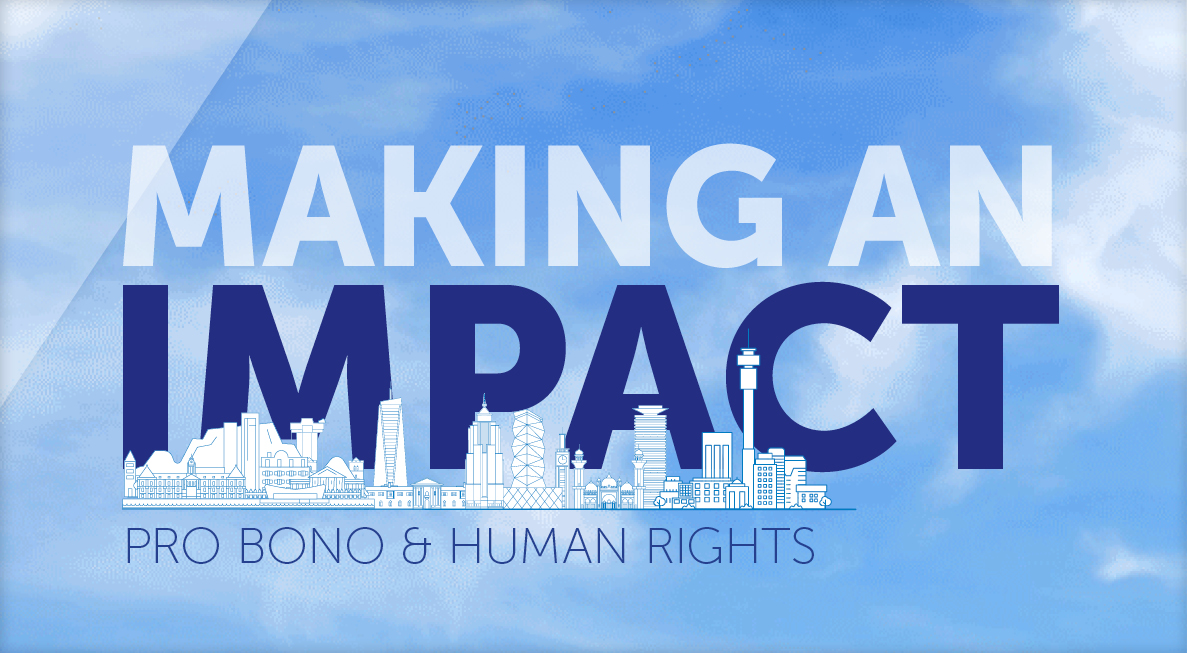Reporting a suspected crime? You best have a reasonable suspicion
In this matter, the plaintiff, Mr. Sekitle Wesley Mashedi (Mashedi) was an employee of the Department of Justice and Constitutional Development (the DoJ) and had been since 2004. On 18 May 2012, Mashedi was at work when he became embroiled in an investigation into a seemingly fraudulent order of 14 iPads. The background facts are important to this discussion, as it is the facts that support the court’s ultimate conclusion.
In this regard, on 18 May 2012, when a supplier came to the DoJ reception to deliver the 14 iPads, it was found that the order had been placed by a Mnisi or Jacob Mohale. Both of these names were unknown to the staff at the DoJ. At the time of the delivery, Mashedi was seen to be acting suspiciously in the reception area. The DoJ staff at reception advised the supplier that they did not know who had ordered the iPads, but the supplier responded that the person that had ordered must have been close by because the supplier had just spoken to that person. It was at this time that the DoJ staff called the number that the supplier had on record. Upon calling, Mashedi was seen to answer his phone, but he did not say a word. This happened on two occasions.
Based on those facts (which went unchallenged at trial), the members of the DoJ forensic team called the police. The police came to the DoJ offices and called Mashedi into a boardroom. Mashedi was arrested and taken to the police station to the Pretoria Central police station to give a statement.
Following his arrest, Mashedi was released by the police and following investigations, the disciplinary charges levelled against Mashedi by the DoJ were withdrawn.
Following on from the withdrawal of the disciplinary charges, Mashedi instituted proceedings against the Director General of the DOJ (DG of the DoJ) and the Minister of Justice and Constitutional Development (Justice Minister) claiming damages for defamation, a tarnished dignity and reputation. In this regard, Mashedi alleged that his arrest tarnished his dignity and reputation at work.
At trial, the court was called on to decide whether the allegations levelled against Mashedi were unlawful. In this regard, the law is such that the publication or allegation of a suspicion of a criminal offence is defamatory and as a result the onus is upon the person that has alleged the suspicion to justify that suspicion – ie. the suspicion must be reasonable enough (and substantiated to a sufficient degree) to justify making the allegation and calling the police.
In order for a party to succeed with a defence that there was reasonable suspicion that justified making the allegation and calling the police, that party would need to prove that:
- they had reason to believe the truth of the statement;
- they took reasonable steps to verify its correctness of the statement; and
- publication of the statement was reasonable in all circumstances of the case.
Each of the above are questions of fact and the answers to these questions are completely dependent on the specific circumstances of each case. In this case, the court considered all of the evidence and facts (including Mashedi’s conduct at the time of the incident) and found that there was a reasonable suspicion. Accordingly, Mashedi’s claim was dismissed with costs.
In reaching its conclusion, the court reaffirmed the principle that an ordinary person should be mindful of the principle that a person charged with a crime is presumed innocent until proven guilty. That being said, the courts are mindful of the fact that a person that is arrested in connection with a crime will suffer some infringement of their dignity as opposed to a person that is called in for questioning relating to a crime – it is all a question of degree and fact dependant.
In closing and in addressing the question of whether a reasonable suspicion is a defence against a claim for iniuria and trauma, the simple answer is yes, but the circumstances of a particular matter will dictate where a suspicion is reasonable or not. Employer’s should be mindful of this when considering whether to allege that a specific employee has committed an offence and ensure that there is a reasonable suspicion, that is supported by evidence / behaviour, before making allegations against an employee.
The information and material published on this website is provided for general purposes only and does not constitute legal advice. We make every effort to ensure that the content is updated regularly and to offer the most current and accurate information. Please consult one of our lawyers on any specific legal problem or matter. We accept no responsibility for any loss or damage, whether direct or consequential, which may arise from reliance on the information contained in these pages. Please refer to our full terms and conditions. Copyright © 2026 Cliffe Dekker Hofmeyr. All rights reserved. For permission to reproduce an article or publication, please contact us cliffedekkerhofmeyr@cdhlegal.com.
Subscribe
We support our clients’ strategic and operational needs by offering innovative, integrated and high quality thought leadership. To stay up to date on the latest legal developments that may potentially impact your business, subscribe to our alerts, seminar and webinar invitations.
Subscribe




